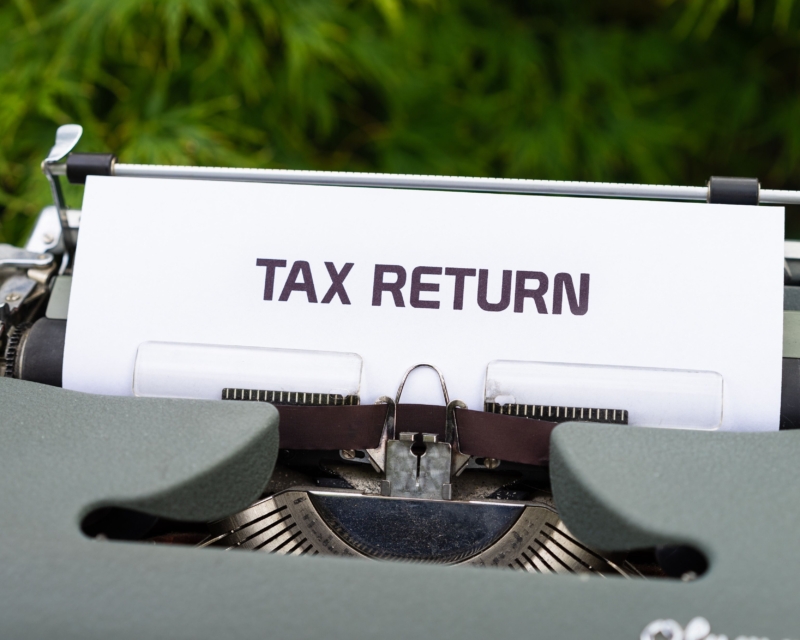Get Ready for a Disappointing Tax Refund
It’s tax season, and if you were hoping for a hefty refund, you might want to lower your expectations.
According to the Internal Revenue Service (IRS), the average tax refund check this year is down a painful 11% compared to last year. This blow comes at a time when inflation is already wreaking havoc on consumers’ wallets.
By the week ending March 17, around 72 million Americans had filed their 2022 tax returns, revealing an average refund payment of $2,933. That’s a significant drop from the $3,305 refund at the same time last year. In total, the IRS has paid out $158 billion so far, compared to over $171 billion during the same period last year.
If you’re one of the many individuals grappling with skyrocketing prices for essentials like food and gas, not to mention the exorbitant cost of housing, this news is likely to hit you hard. Many people rely on their tax refunds to pay down debt or cover monthly expenses, so smaller refund checks will surely put a damper on their spending in March and April.
Nicholas Colas, co-founder of DataTrek Research, emphasizes the impact of reduced refunds on households, saying, “Smaller refund checks are likely to curtail their spending in March and April.”
So, why are refunds shrinking? Eric Bronnenkant, head of tax at robo-adviser Betterment, points to the rollback of certain pandemic-era tax credits. For example, the child tax credit has reverted to $2,000 per child, down from the potential $3,600 in 2021. The child and dependent care credit, aimed at helping workers offset the costs of caring for a child or dependent with disabilities, has also decreased.
But that’s not all. Andy Phillips, director of the Tax Institute at H&R Block, adds that some individuals may be receiving smaller refunds due to severance pay, unemployment income, or even tapping into their retirement accounts to make ends meet during challenging times.
With less extra cash flowing in from tax refunds, Americans might tighten their belts and cut back on discretionary purchases. This could have a ripple effect, leading to lower retail sales. In February, overall retail purchases dropped 0.4% following a 3.2% increase in January.
These shrinking refunds are fueling fears that the US economy might be headed for a recession. In fact, economists surveyed by Bloomberg currently put the probability of a downturn within the next year at a concerning 65%.
As tax season unfolds, it’s essential to manage your expectations and prepare for a potentially disappointing refund. Keep a close eye on your finances, make smart budgeting decisions, and explore alternative strategies to weather this challenging economic landscape. Stay resilient, and let’s hope for brighter financial days ahead!






